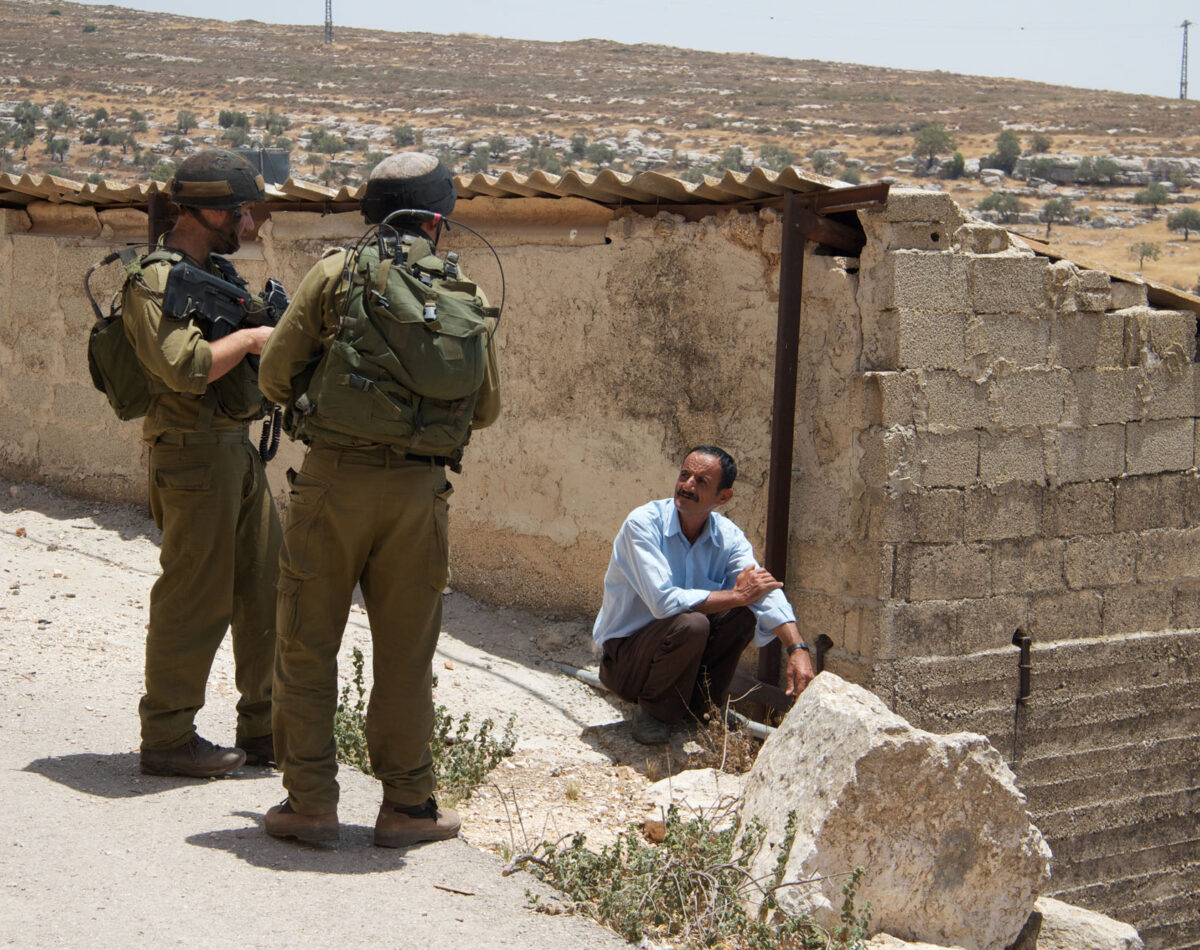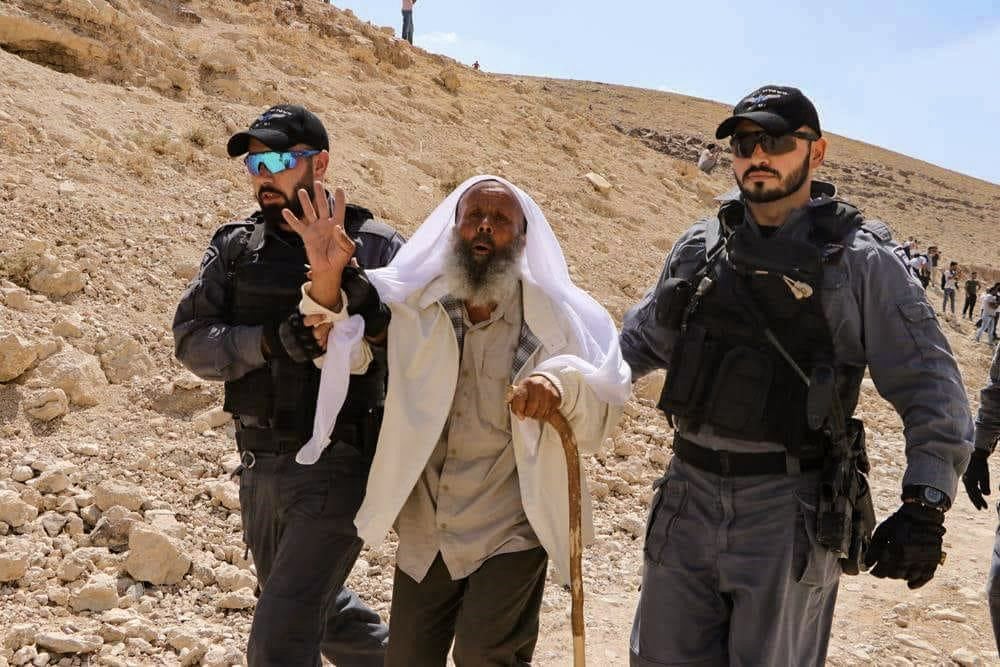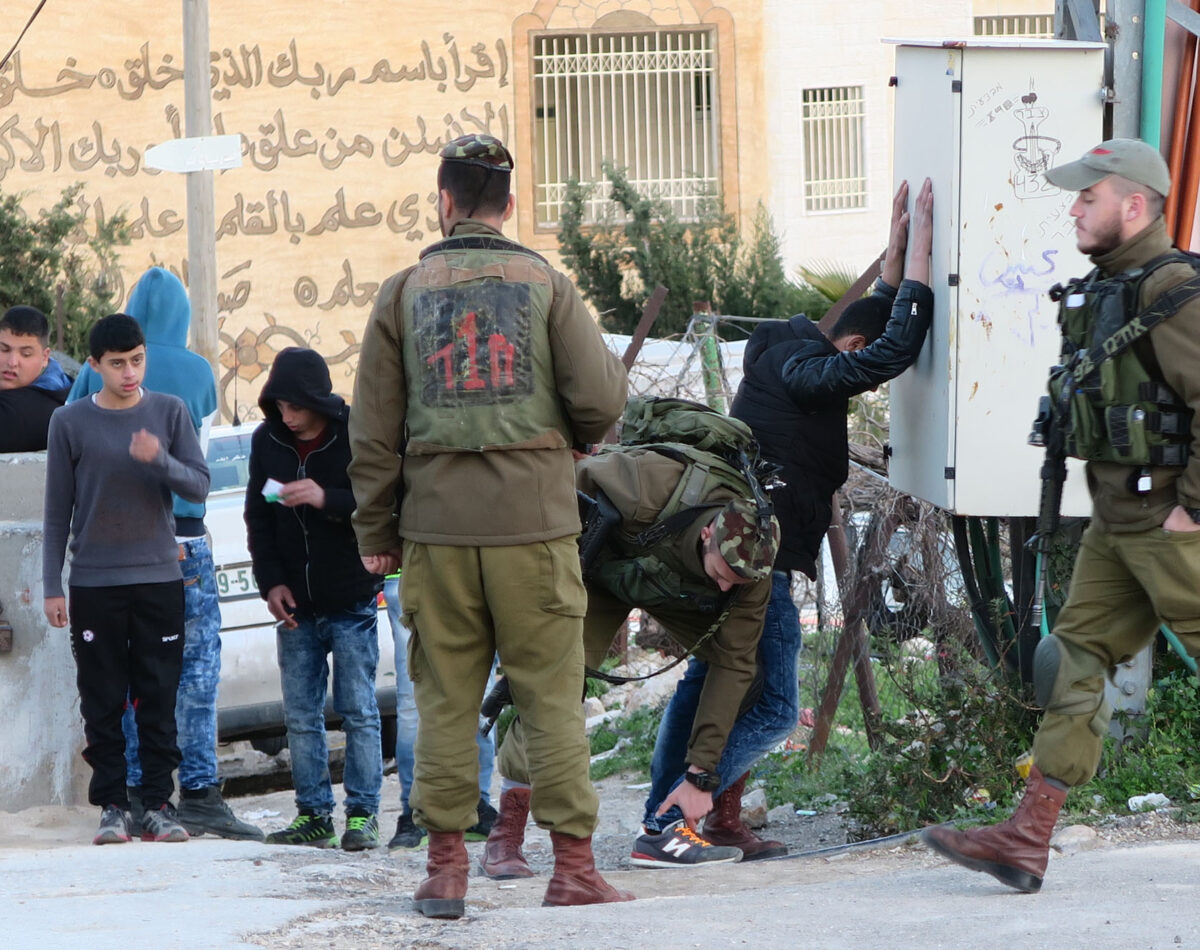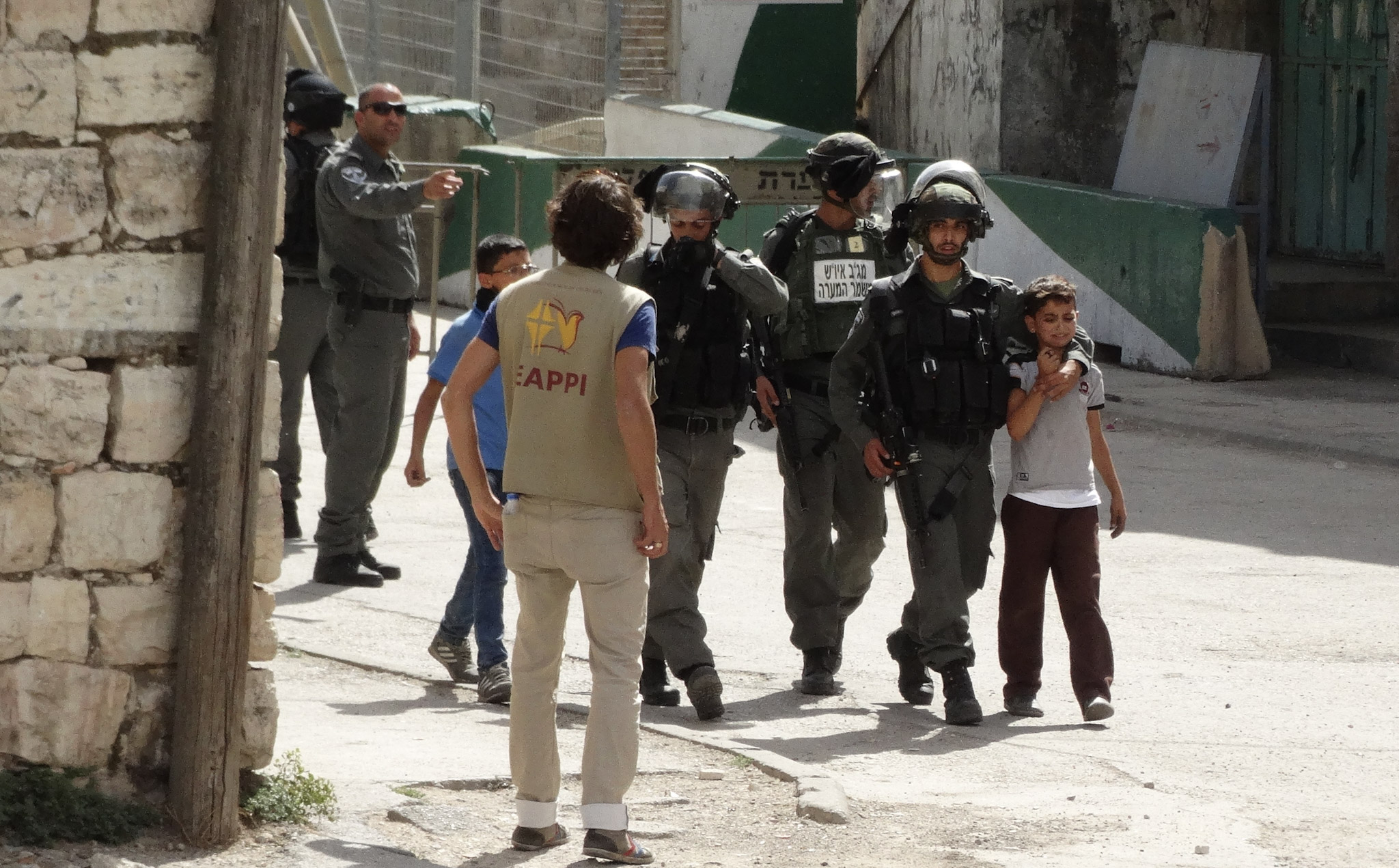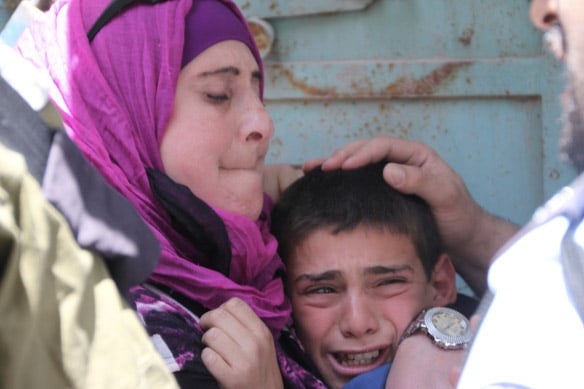Law
by EA Sophie – 4 min read
About 800,000 Palestinian men, women and children have been detained since the occupation began in 1967. They are prosecuted under Israeli military law and tried by soldiers in a military court. Their treatment contrasts starkly with that of Israelis and Israeli settlers living illegally in the occupied West Bank, both of whom are prosecuted under Israeli civil law. Civil law secures their right, for example, to a fair trial, to due process, and to access bail.
The low conviction rate for Israeli settlers contrasts with a 95 per cent conviction rate for Palestinians. This asymmetrical system makes it almost impossible for Palestinians to see justice.
Some statistics on law enforcement for settlers in occupied Palestine:
(Source Yesh Din)


